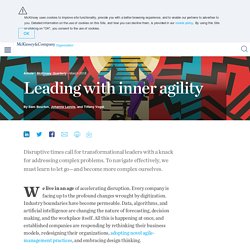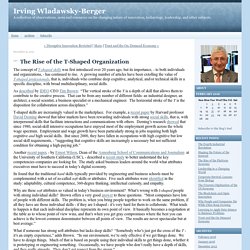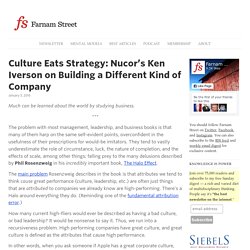

How Syl Saller is transforming marketing at drinks giant Diageo [Video] Yahoo is part of Oath.
![How Syl Saller is transforming marketing at drinks giant Diageo [Video]](http://cdn.pearltrees.com/s/pic/th/yahoo-is-now-part-of-oath-204056912)
Oath and our partners need your consent to access your device and use your data (including location) to understand your interests, and provide and measure personalised ads. Oath will also provide you with personalised ads on partner products. Learn more. To give you a better overall experience, we want to provide relevant ads that are more useful to you. For example, when you search for a film, we use your search information and location to show the most relevant cinemas near you.
Learn more about how Oath collects and uses data and how our partners collect and use data. Select 'OK' to continue and allow Oath and our partners to use your data, or select 'Manage options' to view your choices. Leading with inner agility. Disruptive times call for transformational leaders with a knack for addressing complex problems.

To navigate effectively, we must learn to let go—and become more complex ourselves. We live in an age of accelerating disruption. Every company is facing up to the profound changes wrought by digitization. Industry boundaries have become permeable. Data, algorithms, and artificial intelligence are changing the nature of forecasting, decision making, and the workplace itself. We’ve had a front-row seat at many such transformation efforts. You aren’t alone if you feel threatened by this—everyone does, whether consciously or subconsciously. The problem isn’t the problem; our relationship to the problem is the problem. You can’t steer your company through constant change if you are relying on the safety of your own cruise control. Developing this kind of inner agility isn’t easy. Agile is more than theatre: Carnegie. The Rise of the T-Shaped Organization. The concept of T-shaped skills was first introduced over 20 years ago, but its importance, - to both individuals and organizations, - has continued to rise.

A growing number of articles have been extolling the value of T-shaped professionals, that is, individuals who combine deep cognitive, analytical, and/or technical skills in a specific discipline, with broad multidisciplinary, social skills. As described by IDEO CEO Tim Brown: “The vertical stroke of the T is a depth of skill that allows them to contribute to the creative process. That can be from any number of different fields: an industrial designer, an architect, a social scientist, a business specialist or a mechanical engineer. The horizontal stroke of the T is the disposition for collaboration across disciplines.” T-shaped skills are increasingly valued in the marketplace. Why are these soft attributes so valued in today’s business environment?
What if someone has strong soft attributes but lacks deep skills? Culture Eats Strategy: Nucor's Ken Iverson on Building a Different Kind of Company. Much can be learned about the world by studying business.

The problem with most management, leadership, and business books is that many of them harp on the same self-evident points, overconfident in the usefulness of their prescriptions for would-be imitators. They tend to vastly underestimate the role of circumstance, luck, the nature of completion, and the effects of scale, among other things; falling prey to the many delusions described by Phil Rosenzweig in his incredibly important book, The Halo Effect. The main problem Rosenzweig describes in the book is that attributes we tend to think cause great performance (culture, leadership, etc.) are often just things that are attributed to companies we already know are high-performing.
There’s a Halo around everything they do. (Reminding one of the fundamental attribution error.) How many current high-fliers would ever be described as having a bad culture, or bad leadership? Culture Eats Strategy: Nucor's Ken Iverson on Building a Different Kind of Company. Forming, Storming, Norming, and Performing - From MindTools.com. You can't expect a new team to perform well when it first comes together. Forming a team takes time, and members often go through recognizable stages as they change from being a collection of strangers to a united group with common goals.
Bruce Tuckman's Forming, Storming, Norming, and Performing model describes these stages. When you understand it, you can help your new team become effective more quickly. In this article and in the video, below, we'll look at how you can use this model to build a highly productive team. Click here to view a transcript of this video. Google Image Result for. Google Image Result for.